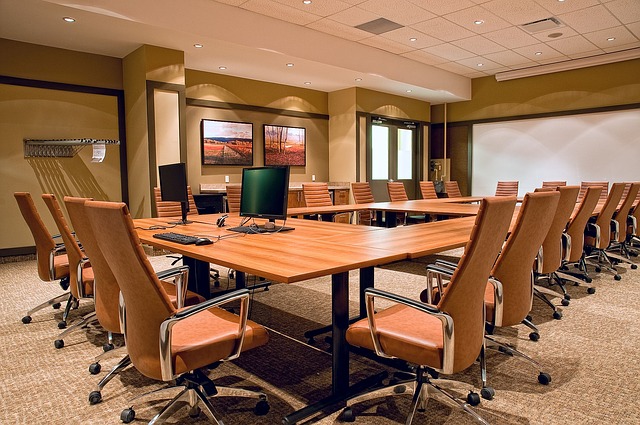As lead author on one of the University’s REF impact case studies, Carola Hillenbrand reflects on the team effort which characterised their work and what she has learned about engaging with external stakeholders and how to build effective relationships of trust.
If I reflect on how we can say we achieved impact, the key thing from our side is that our work builds on longstanding relationships that go back ten or 15 years, some even longer. We have worked alongside businesses, business people and business leaders who have come to trust us through an ongoing relationship over a long period of time. Through their experience of working with us, they have opened up their minds to our ideas and frameworks.

The research our case study is based on focuses on how to enable companies to improve their organisational attainment through stakeholder engagement. To do this we have developed a framework that connects stakeholder data to the organisational strategy. By using this tool, companies are able to measure and strengthen the key drivers of stakeholder relationships, and in doing so achieve certain corporate goals, such as greater customer retention, but also more pro-social outcomes and more ambitious sustainability targets. And it also enables organisations to build stronger relationships with their stakeholders by measuring and influencing the psychological drivers of behaviour.
Our tools are currently used across a number of large international companies who have reported in our impact case study that stakeholder behaviour has changed due to using our tool. Our work helps organisations develop a theory of change and the framework enables them to link their actions to measurable outputs. Organisations often have a lot of data, but not necessarily a clear theory or framework of how to connect the different bits of data together.
The most important thing we’ve learned, I think, is the importance of listening – both in terms of us listening to the organisations and businesses we work with as well as how we help them to listen to their stakeholders. For us it’s important to think about how we listen and how we have listened for quite a long time now to these business leaders and their concerns and interest and worries. We have tried to organise our relationship with them around their needs and their time pressures and what we found is that they’re quite willing to reciprocate and support us, and to document evidence for us when we needed it for our research and to demonstrate the effectiveness of what we were doing with them.
You asked what’s different now? In our experience there are numerous organisations that are looking to apply research into trust between organisations and stakeholders, our work is all about how stakeholders engage with organisations and COVID has clearly changed that. So this means a big opportunity for us to do more work. People still want to be engaged and organisations need to be relevant so it’s a critical time for us to update our theory and demonstrator a post-COVID impact.
Carola Hillenbrand, is Professor of Organisational Psychology, within the John Madejski Centre for Reputation at Henley Business School, University of Reading.
